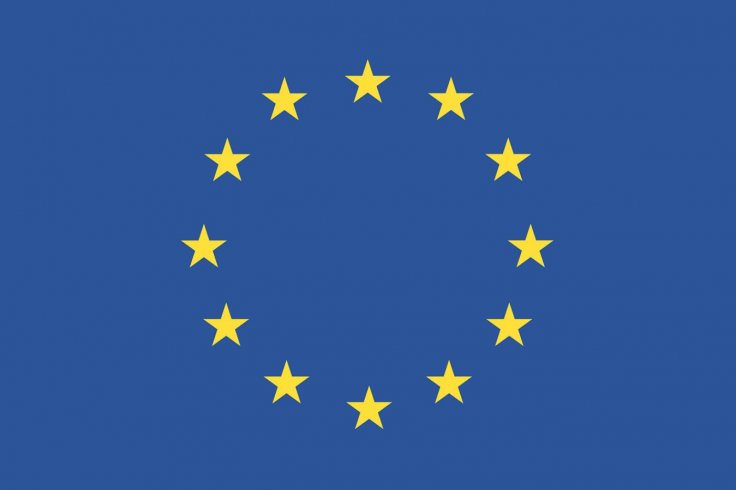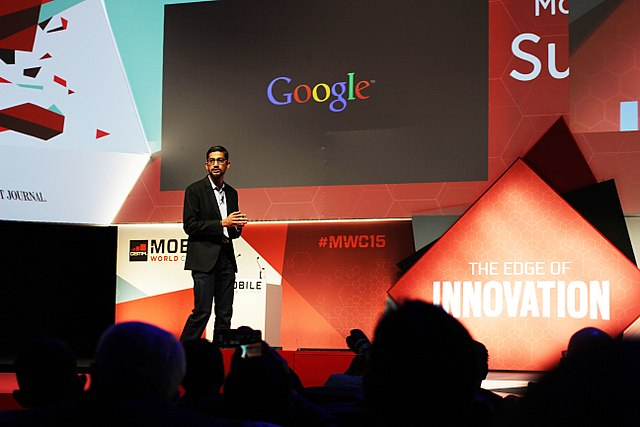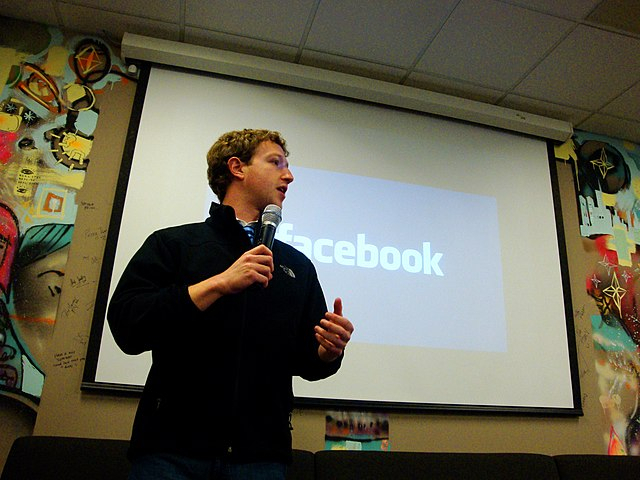New online rules agreed framed by EU lawmakers have mandated Google, Meta and other technology giants to better equip themselves for handling illegal content. If they fail to do so, they will be charged with heavy monetary penalties. After nearly 16 hours of negotiations the agreement was arrived at on Saturday.
EU antitrust director Margrethe Vestager came up with this masterplan, referred to as the Digital Services Act (DSA) as the second segment in a move to control Alphabet subsidiary Google, Meta, which owns Facebook, as well as a few other large tech companies.

As many 27 countries and legislators supported Vestager just the previous month with landmark guidelines pointed out in the Digital Markets Act (DMA) that could pressurize Google, Amazon, Apple, Meta and Microsoft to bring a transformation in their central business operations in Europe.
Vestager tweeted, "we have an agreement on the DSA: Digital Services Act will ensure that what is illegal offline is also seen and handled as illegal online – not as a slogan, as a reality."
EU legislator Dita Charanzova hailed the agreement and said: "Google, Meta and other major online platforms will need to act to better protect their users. Europe has made it clear that they cannot act as independent digital islands." She had advocated for such guidelines almost eight years ago. The Digital Services Act will be executed in 2024.

As per the Digital Services Act, companies will have to pay a fine up to 6% of their global turnover if they are found violating any rules adding further that incessant violations can result in them being barred from conducting businesses in the EU.
According to these new guidelines advertising directed towards children or ones formulated on sensitive topics like religion, gender, race and political will be forbidden. Even ploys that deceive users online into sharing their personal information on E-commerce websites are also prohibited.
In a statement, Google said: "When the law is finalized and implemented, the details will matter. We look forward to working with decision makers to get the remaining technical details right to ensure the law works for everyone."

The introduction of the act is said to have been prompted by the Russian invasion of Ukraine and the ongoing conflict which has led to the distribution of a lot of misinformation.
There might be some pressure on the companies to consign data associated to their algorithms to regulators and researchers. There might also emerge the situation where the companies will have to pay an annual fee of up to 0.05% of global annual revenue to overcome 'the costs of monitoring their compliance', as reported by Fox Business.
There has been observed an exclusion of medium-sized enterprises from the DSA, EU legislator Martin Schirdewan heavily condemned this omission calling it a "loophole". He further stated: "Under pressure from the conservatives, an exception rule for medium-sized companies was integrated, this is a mistake. Due to the large number of companies that fall under this definition in the digital sector, the exemption is like a loophole."









